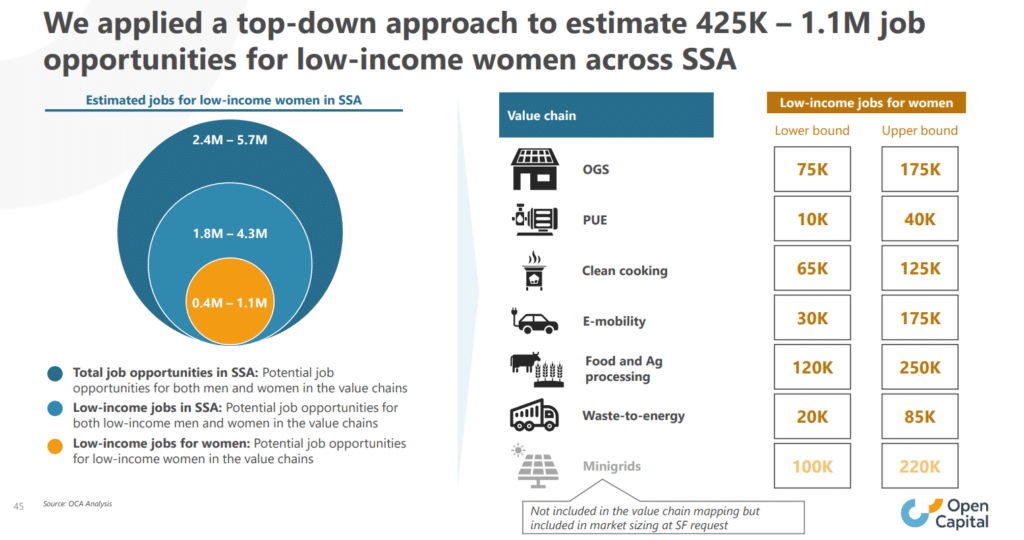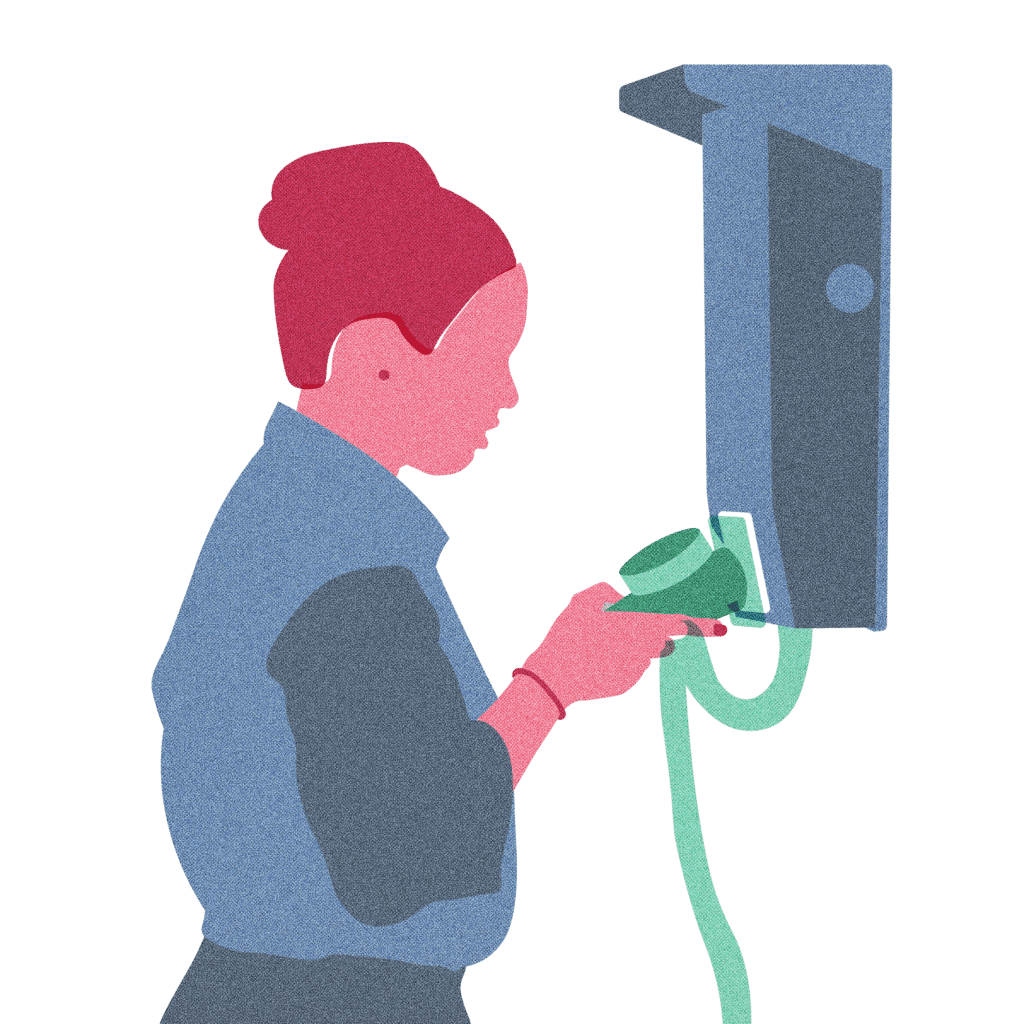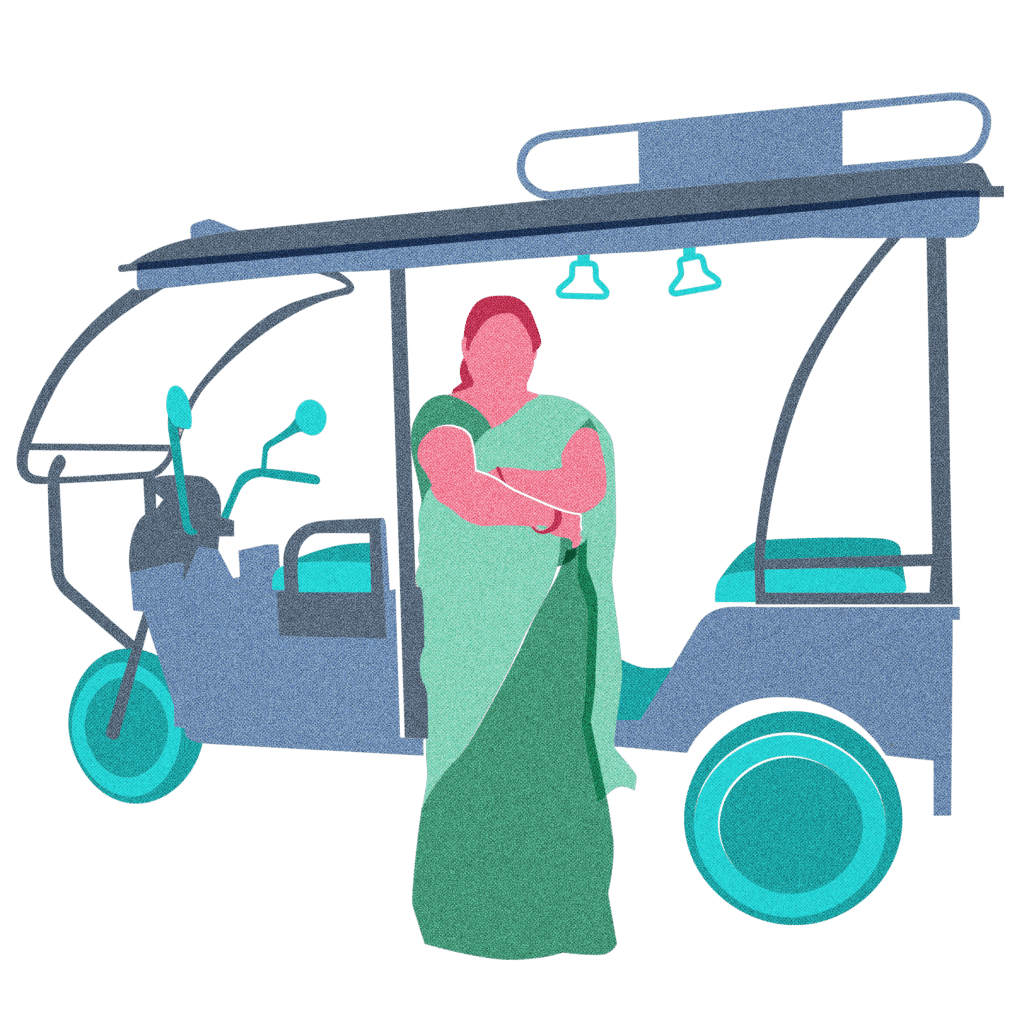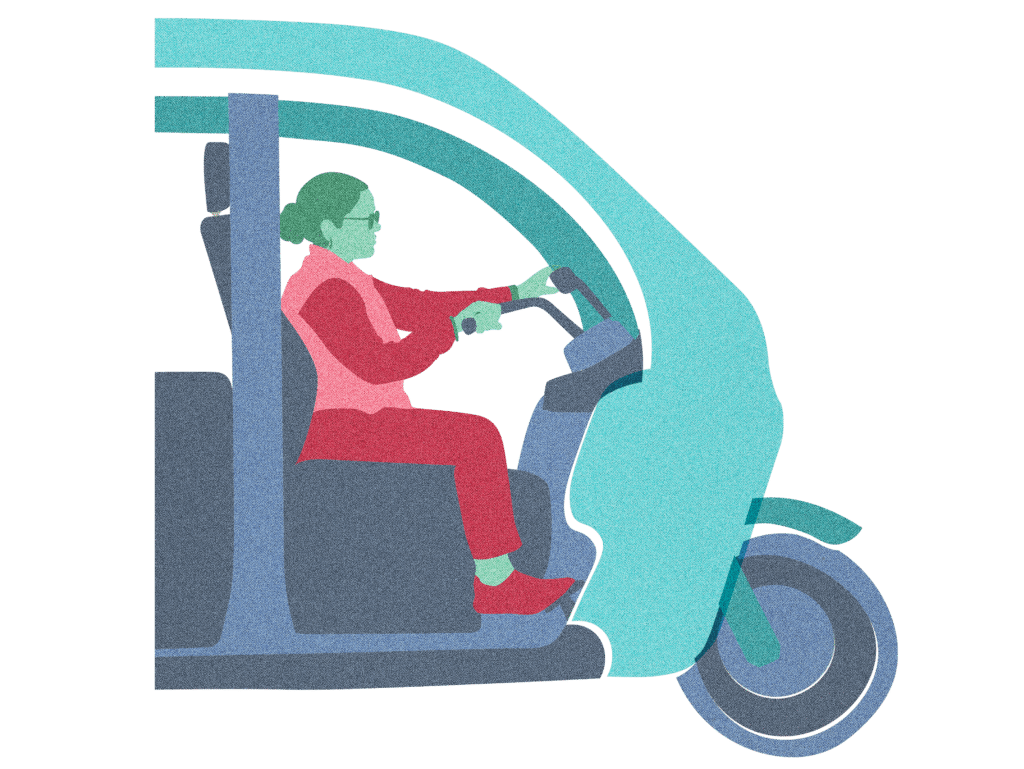Climate-Smart opportunities for women’s employment and entrepreneurship
Shell Foundation is on a mission to enable tens of millions of people to raise incomes while lowering emissions by 2032. Within that ambition, we want to ensure that 50% of that impact is delivered directly to women.
There is dual impact in supporting women entrepreneurship and employment in the Climate Smart sector1: Applying gender intentionality has been shown to improve commercial performance of solution providers while also delivering better direct impact for women employees and business leaders.


In 2024, we engaged Open Capital Advisors (OCA) to develop a market landscape report to identify and assess employment and entrepreneurship opportunities in the climate-smart sector for low-income women across Sub-Saharan Africa (SSA). The report was co-funded with UK aid from the UK Government through the Transforming Energy Access platform. The final report presents the scale of the employment and entrepreneurship opportunity for low-income women in climate-smart sectors. It also identifies the challenges that prevents such scale from materialising and provides recommendations that can address the challenges.
We intend to use the report and ask a simple question: How do we coalesce financiers, skills builders and businesses into a community that addresses workforce development, gender inclusion, and SME job creation?
1 Climate-smart opportunities are defined as entrepreneurship and employment (including both formal and informal jobs) that contribute to climate change adaptation and mitigation
Up to 1.1m new jobs for women by 2030
OCA estimates between 425,000 and 1.1m new formal and informal jobs will be created for low-income women across seven climate-smart value chains by 2030. These value chains were selected on the back of their potential for growth, their impact on the local community and women, the scale of the informal sector present within them, and the presence of policies and initiatives that fostered growth.

The report reveals several critical insights, including large opportunities driven by:
- There is a large employment and entrepreneurship opportunity for low-income women in the climate-smart sector over the next couple of years, with the largest opportunities coming from the clean cooking (20% of total jobs), food and agri processing (24% of total jobs), and e-mobility (20% of total jobs) sub-sectors respectively.
- However, the bulk of these opportunities will originate from the informal activities within such sectors because of the low-entry and skill requirements accompanying such activities.
- Drivers of such opportunities will include the growing trend of the adoption of clean cooking for commercial use (open-air restaurants), increased adoption of electric two-wheelers within Sub-Saharan Africa, and the increased use of agri-processing equipment that is powered by solar energy.
Challenges and recommended interventions
To fully maximise the potential for employment and entrepreneurship for low-income women within the climate-smart sectors, it is important to identify and address some of the key challenges that these women face. Such challenges include:
- Gender biases in job descriptions and a lack of female representation in hiring teams that hinder women’s hiring.
- Social stereotypes that discourage STEM careers for women.
- Limited access to mentorship.
- Lack of education, training and financial support, combined with family duties that restricts women’s careers.
- Limited access to finance due to lack of collateral and limited awareness of funding opportunities.
To address these challenges, this report provides recommendations that address the root-cause of the challenges. It also goes one-step further in grounding the recommendations by recognising that there are design considerations that must be factored in for certain recommendations to be practical, implementable and bring about outcomes that are sought.
Examples of key design considerations to increase the effectiveness of the recommendations include:
- Recognising that achieving normative and social change requires time, flexibility, patience and behavioural change among stakeholders
- Recognising that men play a key role in ensuring the success of women-targeted interventions by encouraging women’s participation in the sector.
- Understanding the nuances and challenges of low-income women and recognising that such nuances may impact the effectiveness of recommendations being implemented.
This report argues that when these design considerations are factored in, then stakeholders can look to address the challenges by:
- Focusing on building a business case to support low-income women.
- Empowering women through agency and choice.
- Engaging men early in the design of gender projects and interventions.
- Adapting jobs for women, not just women for jobs.
- Advocating for long-term systemic change.
Shell Foundation is committed to discussing these recommendations with organisations committed to skills building or job creation, either directly or through financing. This commitment goes beyond gender. It sees to ensure Africa’s workforce is equipped to power the green transition—drawing from research such as OCA and FSD’s Forecasting Green Jobs in Africa report, our exposure to entrepreneurs as a critical customer group for our work, and fresh thinking from a community of aligned organisations.
















